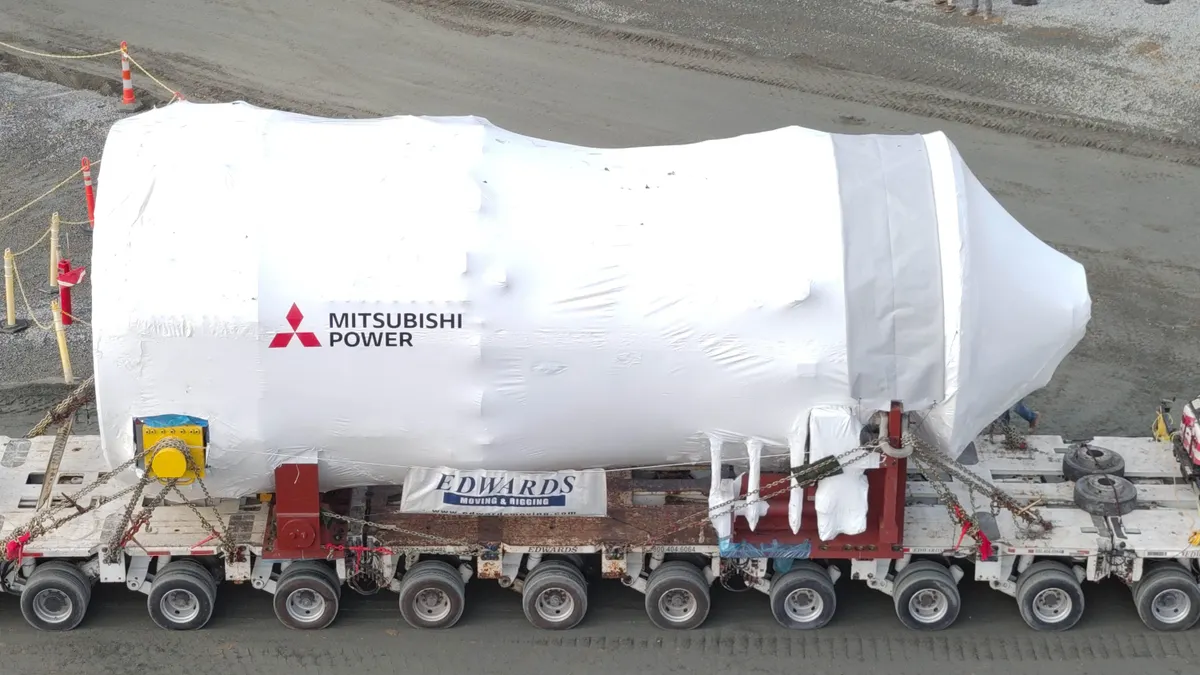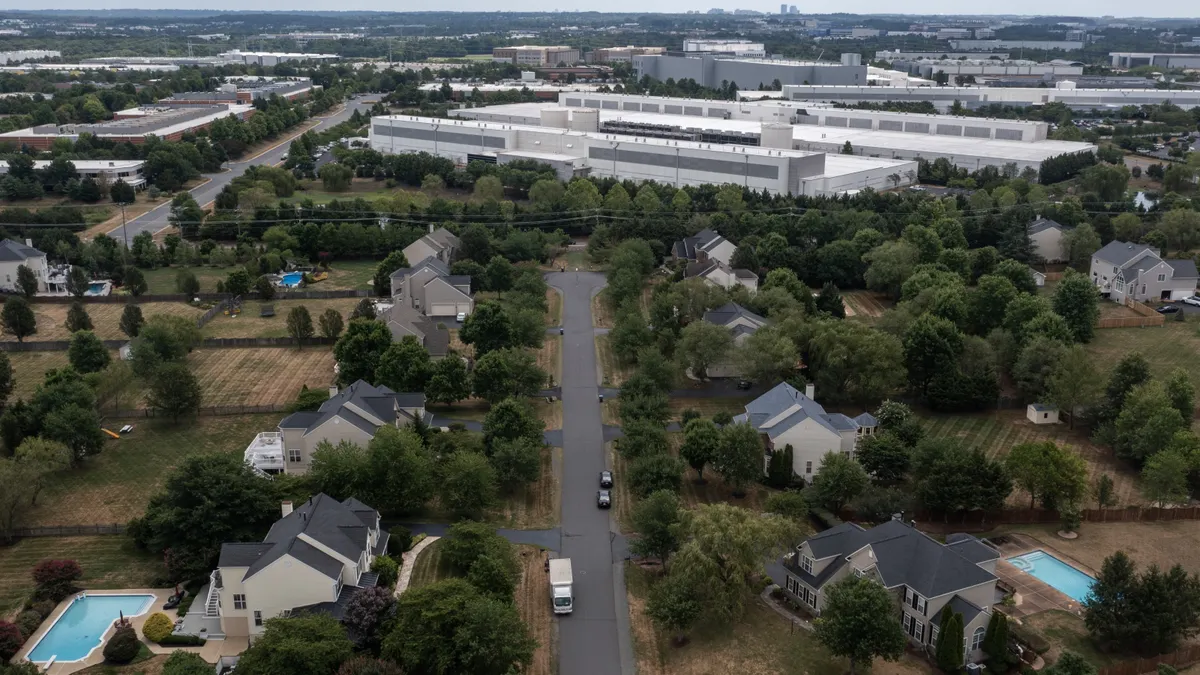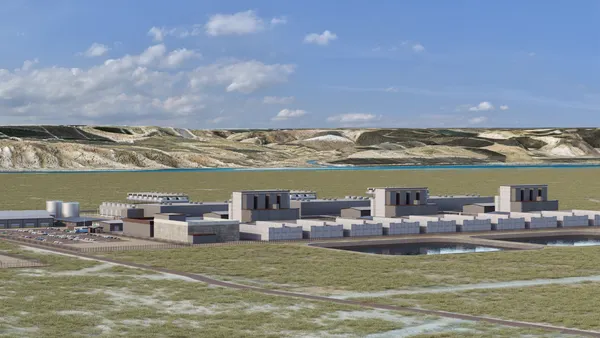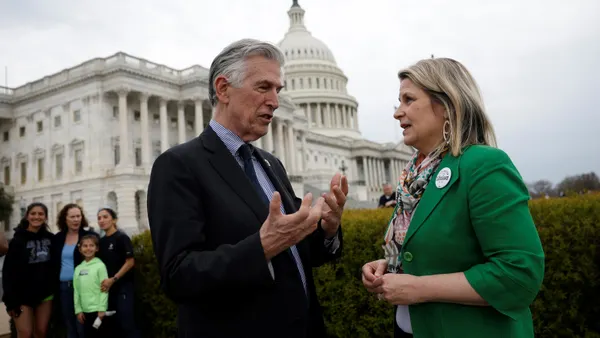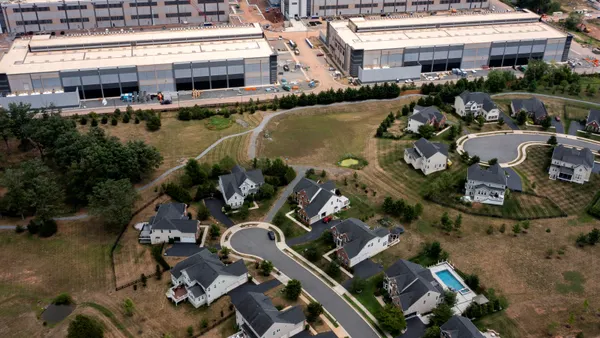Dive Brief:
- Cheap gas-fired generation has been forcing merchant nuclear plants into precarious positions, but even those facilities operating under long-term contracts may not be safe, according to a new report from UBS Securities.
- SNL Energy reports the firm believes the Prairie Island plant in Minnesota, owned by Xcel Energy, and Entergy Corp.'s Michigan Palisades plant could both at risk for early-closure.
- Smaller facilities have faced challenging economics, but even larger units in organized markets have come under recent pressure, though there is now a push to reward those units for their carbon-free generation.
Dive Insight:
A spate of planned nuclear closures, pushed by cheap gas and market structures that don't reward carbon-free power, will likely continue, according to UBS. But while plants under long-term contracts may have more revenue stability, market pressures will continue to force them offline as customers search for cheaper alternatives.
"We see long-term contracted plants as also at particular risk of shutdown," UBS said, according to an SNL Energy report, pressured by rising operating costs and a lack of incentives.
UBS singled out Prairie Island plant in Minnesota, and Palisades in Michigan, as being at risk. Palisades sells its output to Consumers Energy and is contracted through 2022, but higher prices may doom the facility, the firm predicted. Entergy would not comment on the story.
It has been a rough year for the nuclear industry.
Exelon is now planning for the early retirement of its Clinton and Quad Cities nuclear plants in Illinois, combining for almost 3,000 MW of carbon-free power, after the plants failed to clear the PJM capacity auction. California's Pacific Gas and Electric just announced its plan to close Diablo Canyon nuclear plant within the next decade and replace it with renewables, efficiency and energy storage.
More than 10% of the United States' nuclear generation fleet could be at risk of early retirement, by some analysis. Smaller units, those lacking economies of scale enabled by multiple reactors, are the most immediate risk. Entergy is planning to close its 680 MW Pilgrim Nuclear Power Station in Plymouth, Mass., by 2019.
The nuclear industry has largely blamed market design, saying their plants are not credited for producing reliable generation without greenhouse gas emissions.
“Where the market is failing, is in the well-intentioned government intrusions to achieve certain policy objectives that have significant implications for power markets. But people don't think through what those implications are,” Ralph Izzo, CEO of PSEG, told Utility Dive.
Nuclear energy represents about 60% of the non-carbon emitting energy in the country, and makes up almost 20% of energy baseload.
While PSEG says its plants are not at risk for closure, Izzo conceded the generation is "under pressure from low-cost natural gas. That's the way it is, and we need to make sure we control our costs and operate our plants efficiently. so we can withstand those competitive pressures.”




